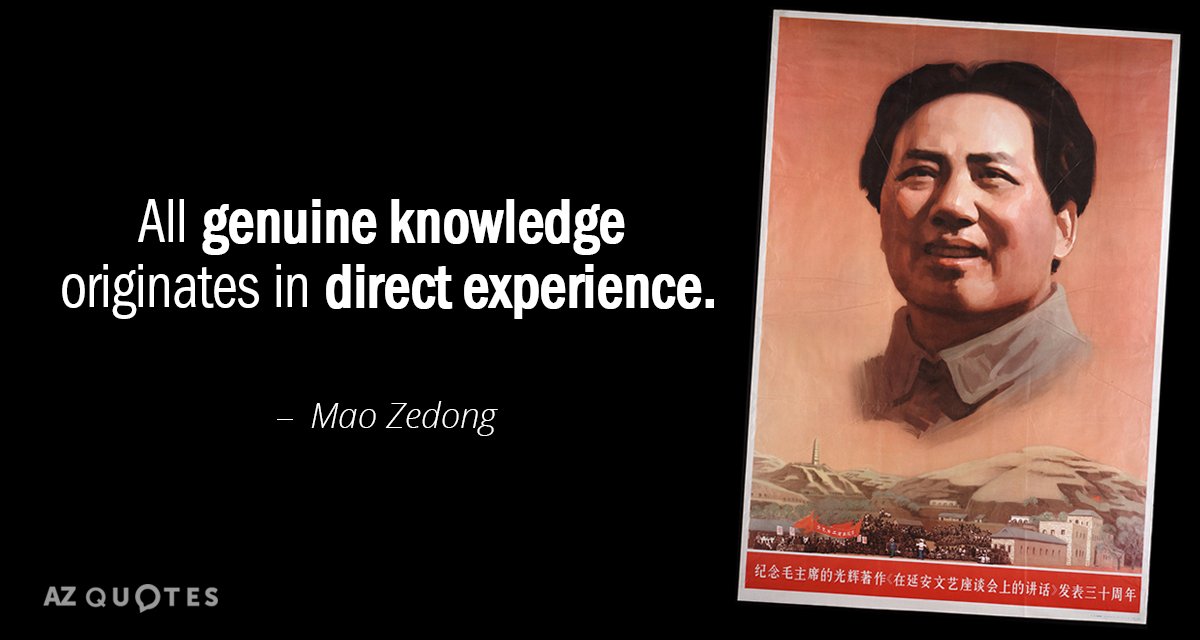

The Suzhou Industrial Park project began in 1994. We, however, felt the best way for China to learn our methods was through the practical experience of a joint project, building an industrial park for business, commercial, residential, leisure and industrial purposes. We should draw from their experience-and we will do even better than they.” Those comments resulted in hundreds of delegations from all over China descending on Singapore, ready to study the ins and outs of our economic development. In 1992, Deng went to Guangdong and told the people, “Learn from the world, especially from Singapore. (This trend culminated in China joining the WTO in 2001.) These zones prospered, and more subsequently opened. Inspired, Deng returned home to form four special economic zones, which he opened to foreign investment and world trade. Deng may have been short of stature, but he was a giant of a leader. He unexpectedly asked, “What do you want me to do?” I replied, “Stop it!” He responded, “Give me time.” A year later the broadcasts stopped. I told him that the Soviet Union was far away but all the exhortations for the overthrow of local governments in Southeast Asia were coming from broadcasting stations in China and that the arms finding their way to the insurgents were being provided by China. I told him that with its wealth of talent China could surpass Singapore.ĭeng warned us of the Russian bear using Vietnam as its cat’s paw to control Southeast Asia. At dinner he congratulated me on Singapore’s accomplishments. What he saw on that visit changed the course of economic policy in the coastal provinces of China. In November 1978, Deng made his first and only visit to Singapore.

Were it not for him, China might well have broken apart. More practical was Deng Xiaoping, who quietly took control after Mao’s death, calmed the country and concentrated on its economic development. Mao was, of course, a famous leader and liberator, but he was less practical when it came to governing the country. At the height of the Cultural Revolution, in 1967-69, schools and universities were closed, and children were encouraged to hit and rebel against their parents. Mao was an idealist who strove for constant class struggle as a way to keep the Chinese from becoming bourgeois. On October 1, 1949, at the Gate of Heavenly Peace in Beijing, Mao Zedong, leader of the Communist Revolution, declared the founding of the modern People’s Republic of China.


 0 kommentar(er)
0 kommentar(er)
